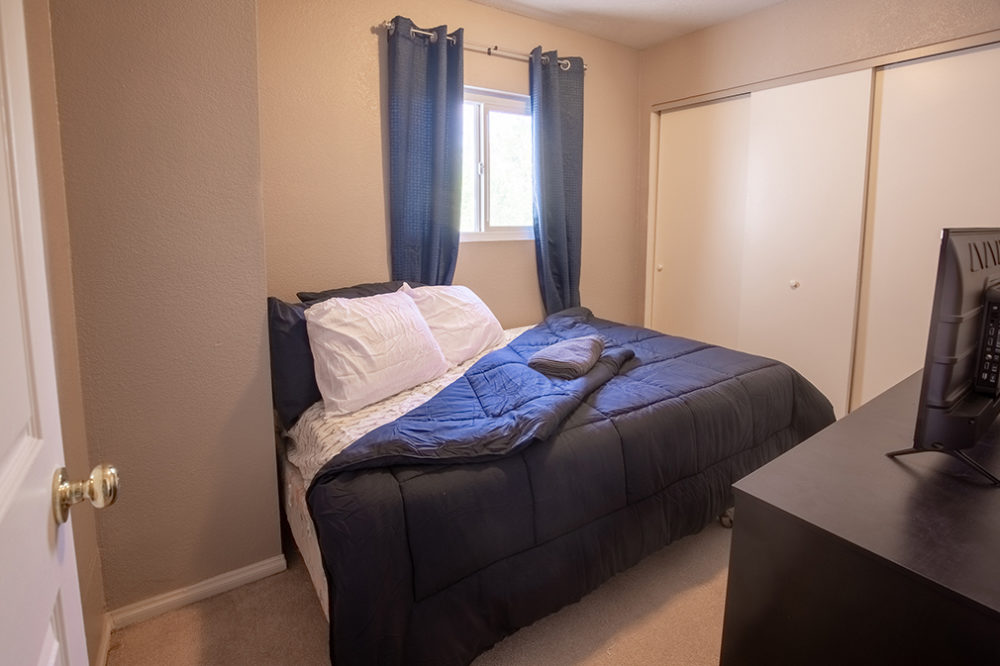Individuals in recovery from substance misuse might find a supportive atmosphere in private sober living homes. With the help of these homes, patients can move from rigorous treatment regimens to reintegration into society in a controlled but autonomous environment. While there are many alternatives for housing following treatment, those who are looking for long-term recovery may find that private sober living homes provide clear benefits. A sober lifestyle is encouraged, but the setting also promotes personal development and self-discovery. It has been thoughtfully designed. Individuals can reconstruct their lives, repair relationships with loved ones, and acquire the skills required for sustained success in recovery within the confines of these sober living homes. Let’s examine these facilities’ main advantages for sustained healing.

Social Assistance and Friendship:
Peer support and companionship are two important advantages of private sober living houses. Since sobriety is the common objective among the residents, a supportive environment where people may relate to each other’s struggles and experiences is created. This sense of community lessens the emotions of loneliness that are frequently felt during recovery by fostering trust, empathy, and encouragement for one another. Developing ties with people who are familiar with the experience can greatly improve one’s chances of staying sober over the long run.
An Effective Structure of Support
Private sober living facilities offer a controlled setting that is helpful for rehabilitation. Residents maintain accountability and discipline by abiding by curfews and house rules. This framework aids people in creating wholesome routines, such as consistent treatment appointments, gatherings for support groups, and work-related activities. When staff members or house managers are present, residents are given the assistance and direction they need to get through the initial phases of rehabilitation.
Support During Transformation:
Moving from treatment for addiction to independent life can be difficult, especially for people who don’t have a strong support network. Private sober living facilities fill this void by providing individualized transitional care. The development of life skills, jobs, education, money management, and other facets of everyday living are among the many areas in which residents receive assistance. This all-encompassing strategy gives people the skills and tools they need to succeed long after leaving the sober living facility.
A Secure and Drug-Free Atmosphere:
A drug-free atmosphere that promotes recovery and development is necessary for maintaining sober. With the temptations and triggers of their previous environments gone, private sober living houses provide a secure sanctuary for their residents. Strict rules against substance usage are enforced in these apartments, guaranteeing a tidy and sober living environment. Eliminating drug and alcohol exposure allows people to concentrate on starting again without having to worry about relapsing, which encourages long-term recovery.
Sustained Assistance and Counseling:
Since recovery is a lifelong process, private sober living facilities understand the value of ongoing support and direction beyond initial treatment. Through access to support groups, therapy services, and alumni programs, these houses provide continuous assistance. Regular check-ins with staff or house managers also help residents stay on track with their rehabilitation objectives. Private sober living homes offer consistency of care, which increases the chances of long-term sobriety and general well-being.
Liability and Responsibility.
Private sober living homes place a strong emphasis on individual accountability because they understand that it is essential to the healing process. It is expected of residents to help out around the house, follow the guidelines, and take an active part in their recovery. People get important lessons in self-control, morality, and fortitude via accountability, skills that are necessary for sustaining sobriety in the face of difficulties. A sense of empowerment and self-efficacy is fostered in residents by the organized accountability framework, which gives them the ability to take responsibility for their actions and progress.
Last Thoughts
To assist people in achieving long-term recovery from substance misuse, private sober living houses are essential. These homes give clients the tools they need to start over and succeed in sobriety by providing a drug-free, controlled, and supportive environment. The advantages of the best sober living private room go well beyond initial rehabilitation, laying the groundwork for a happy and drug-free future. These benefits range from peer support and transitional aid to accountability and ongoing guidance.


